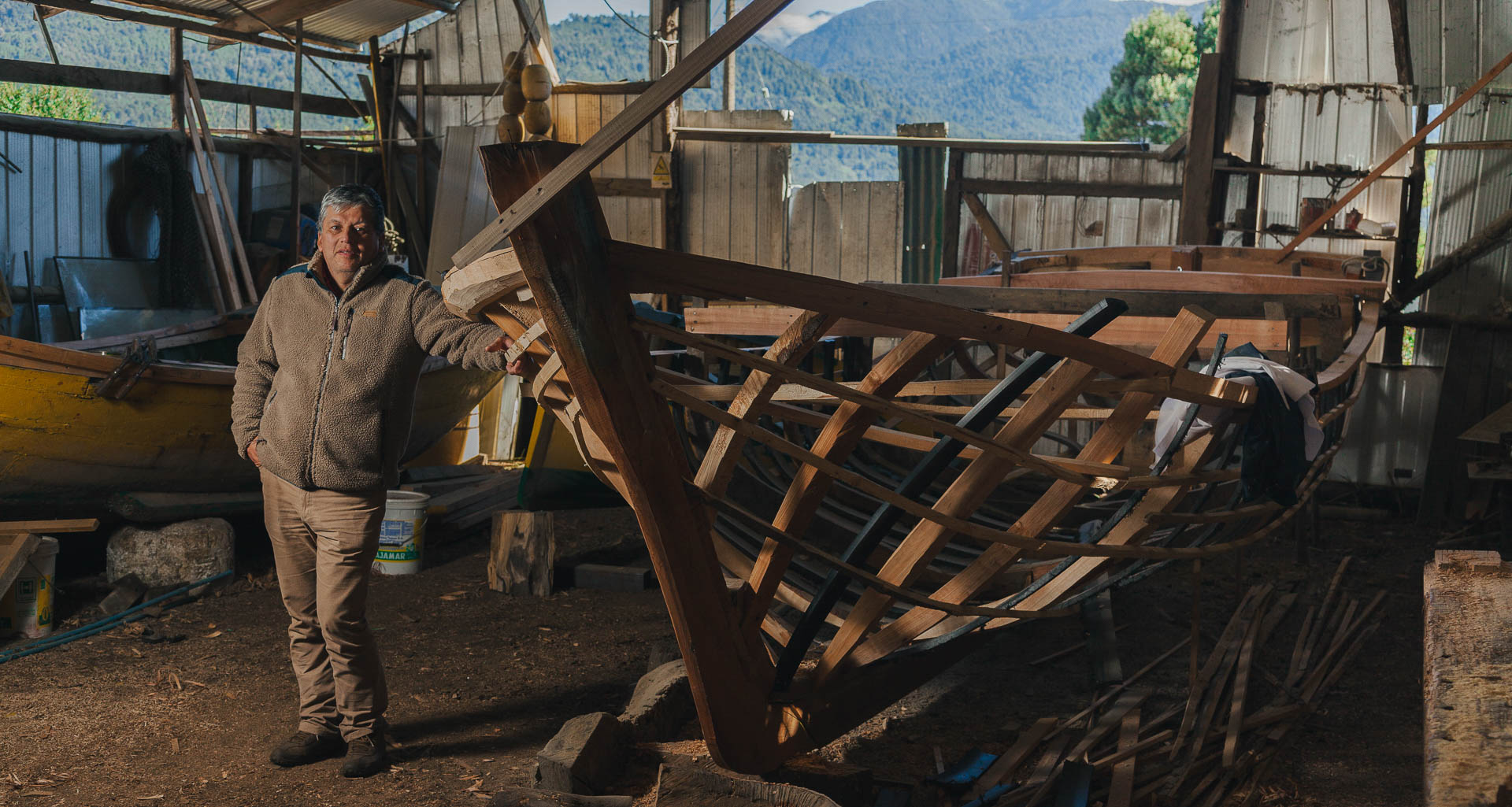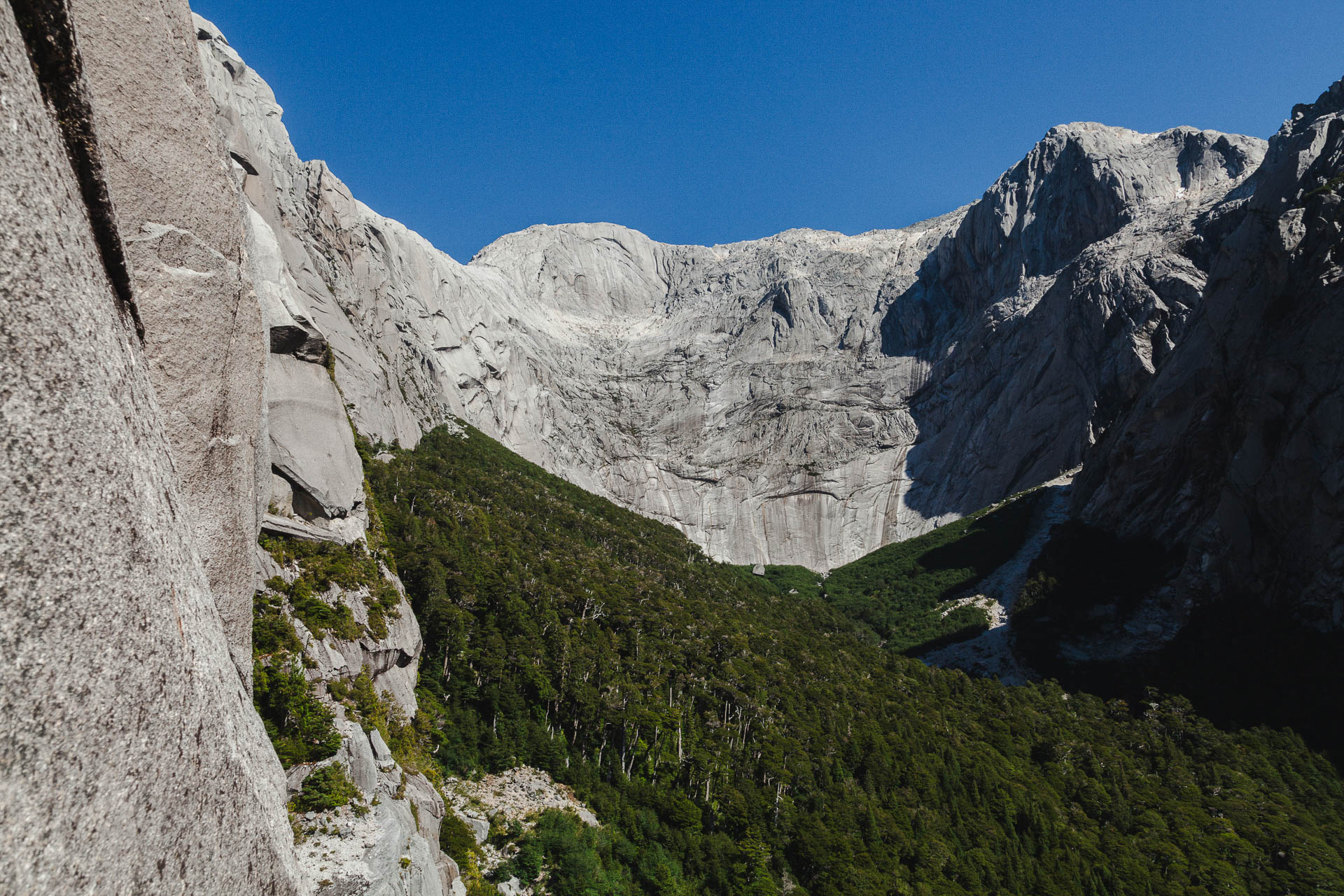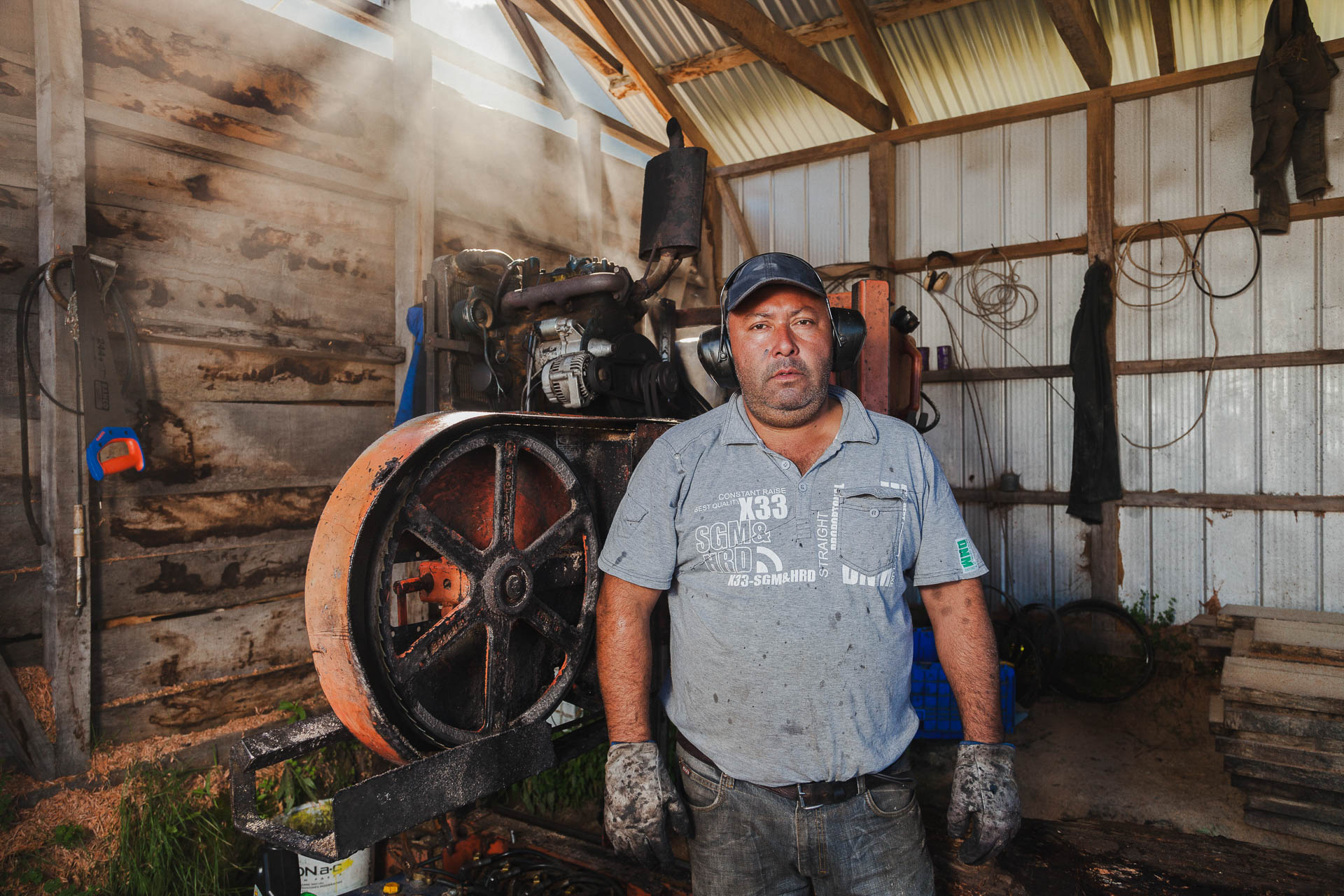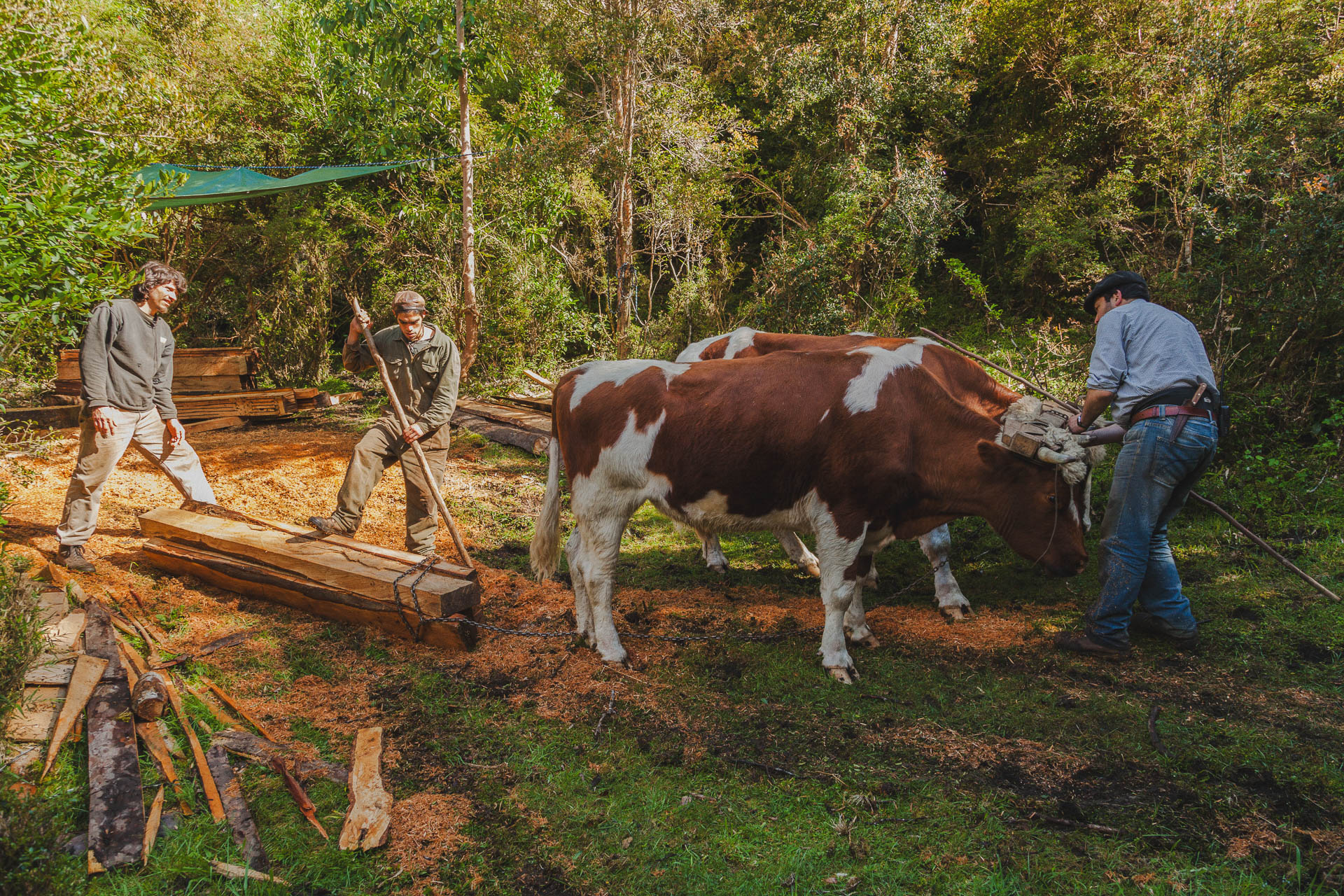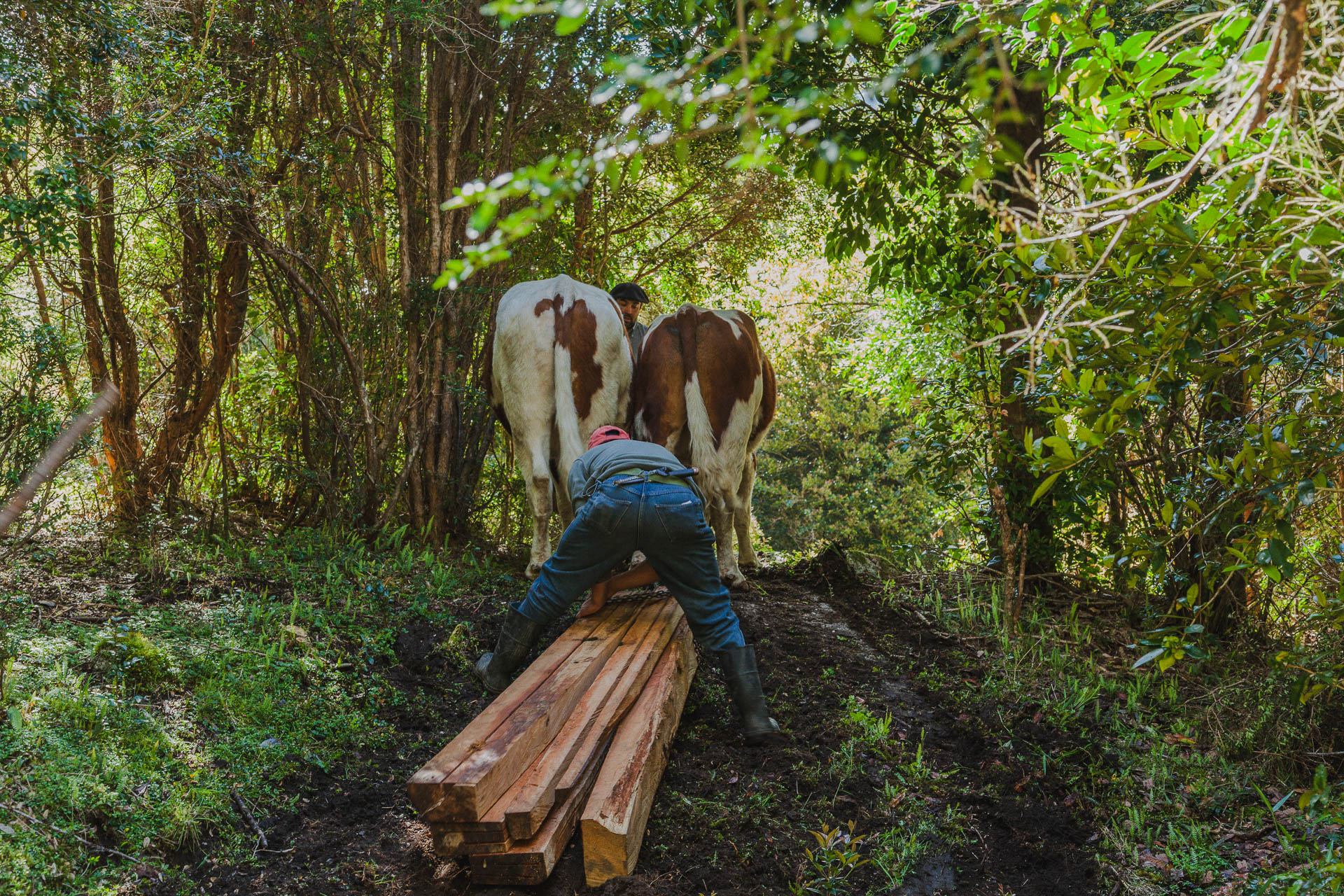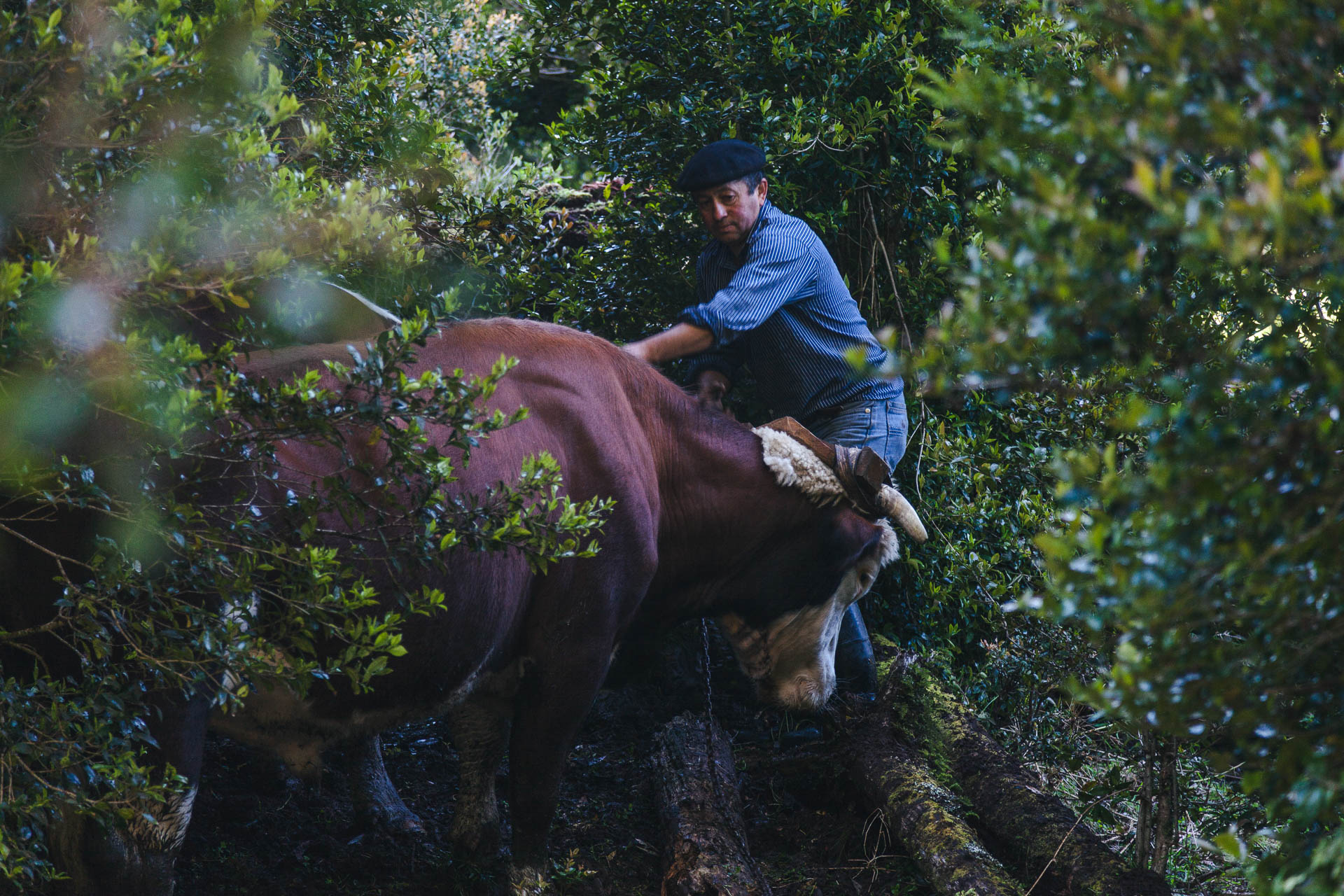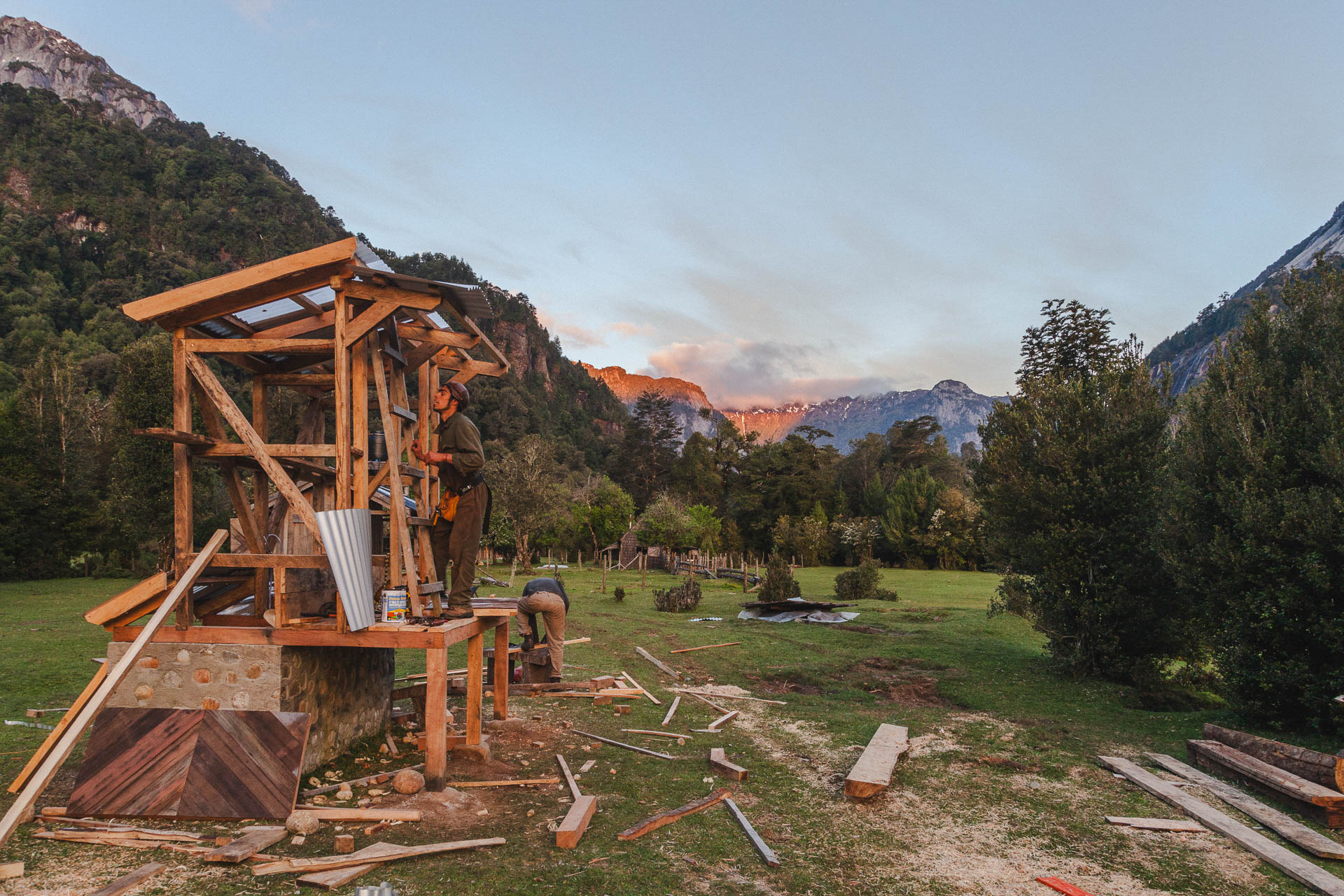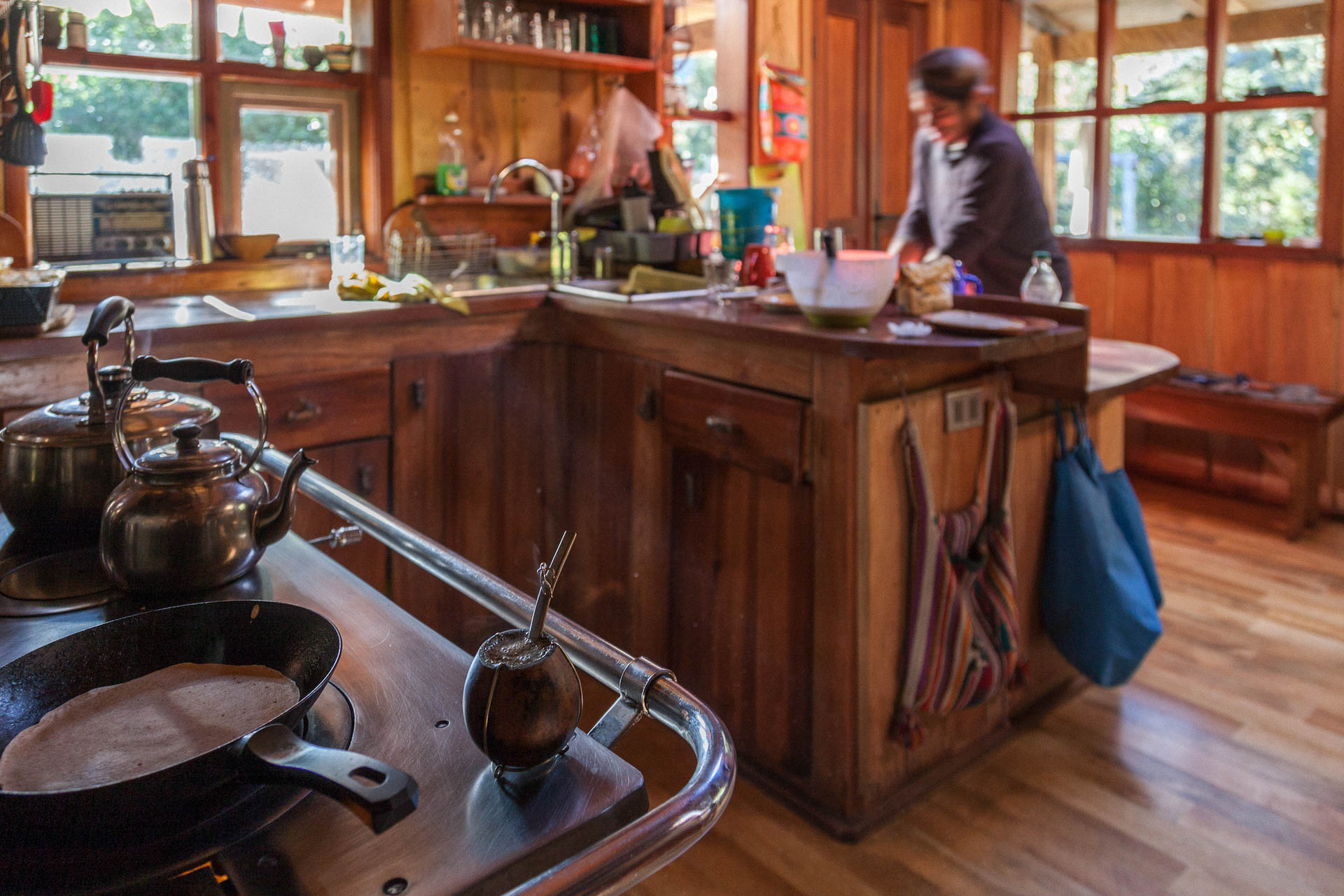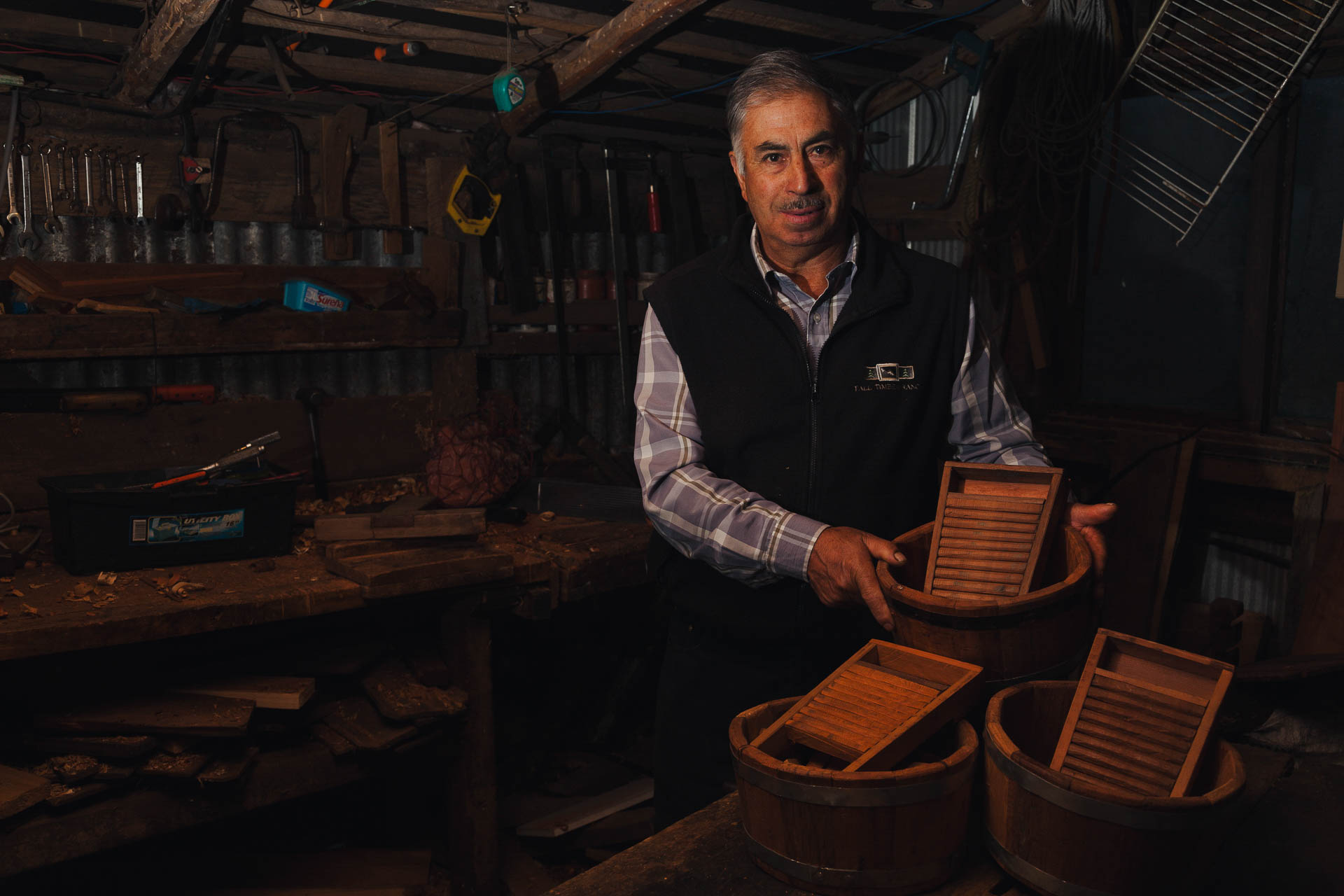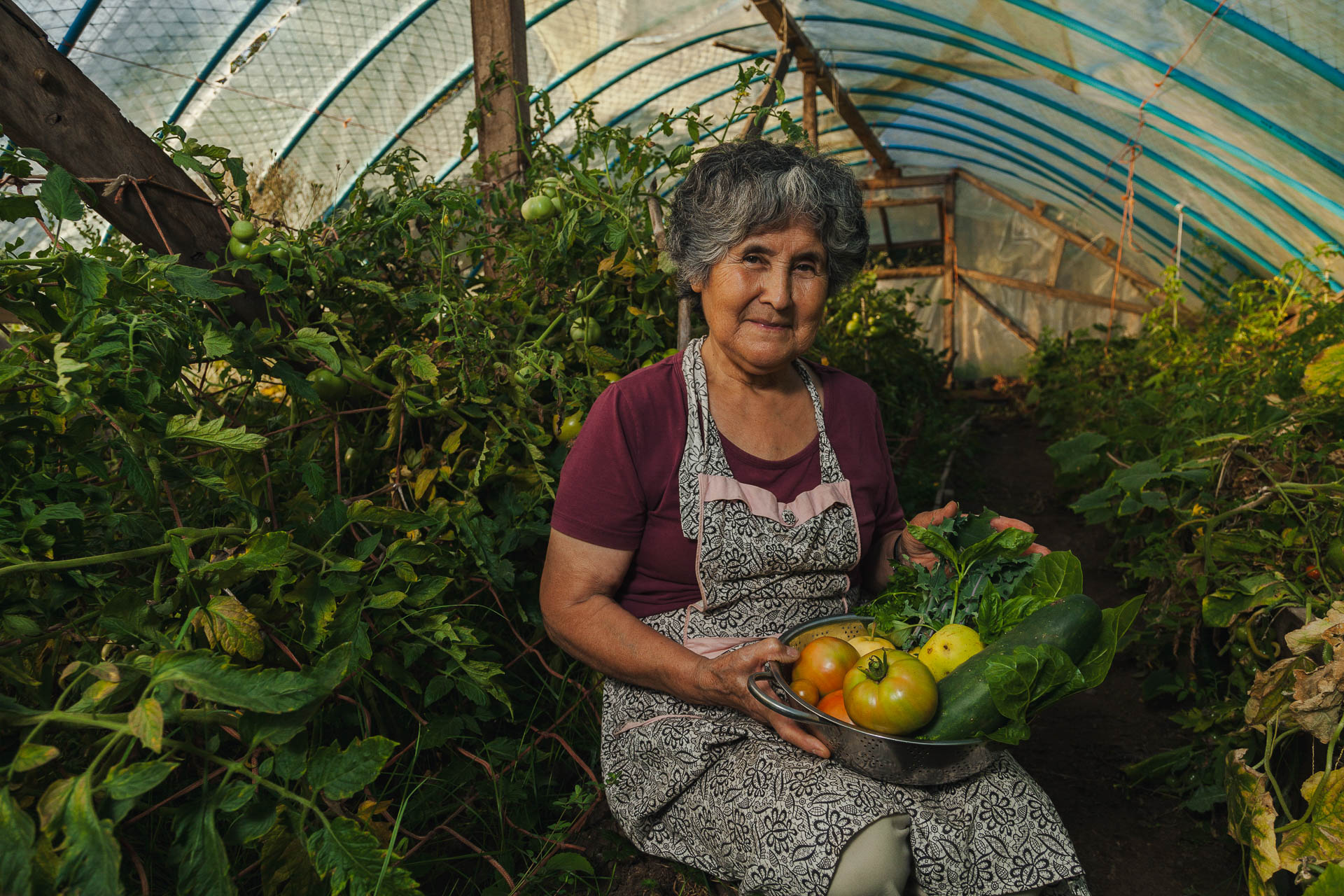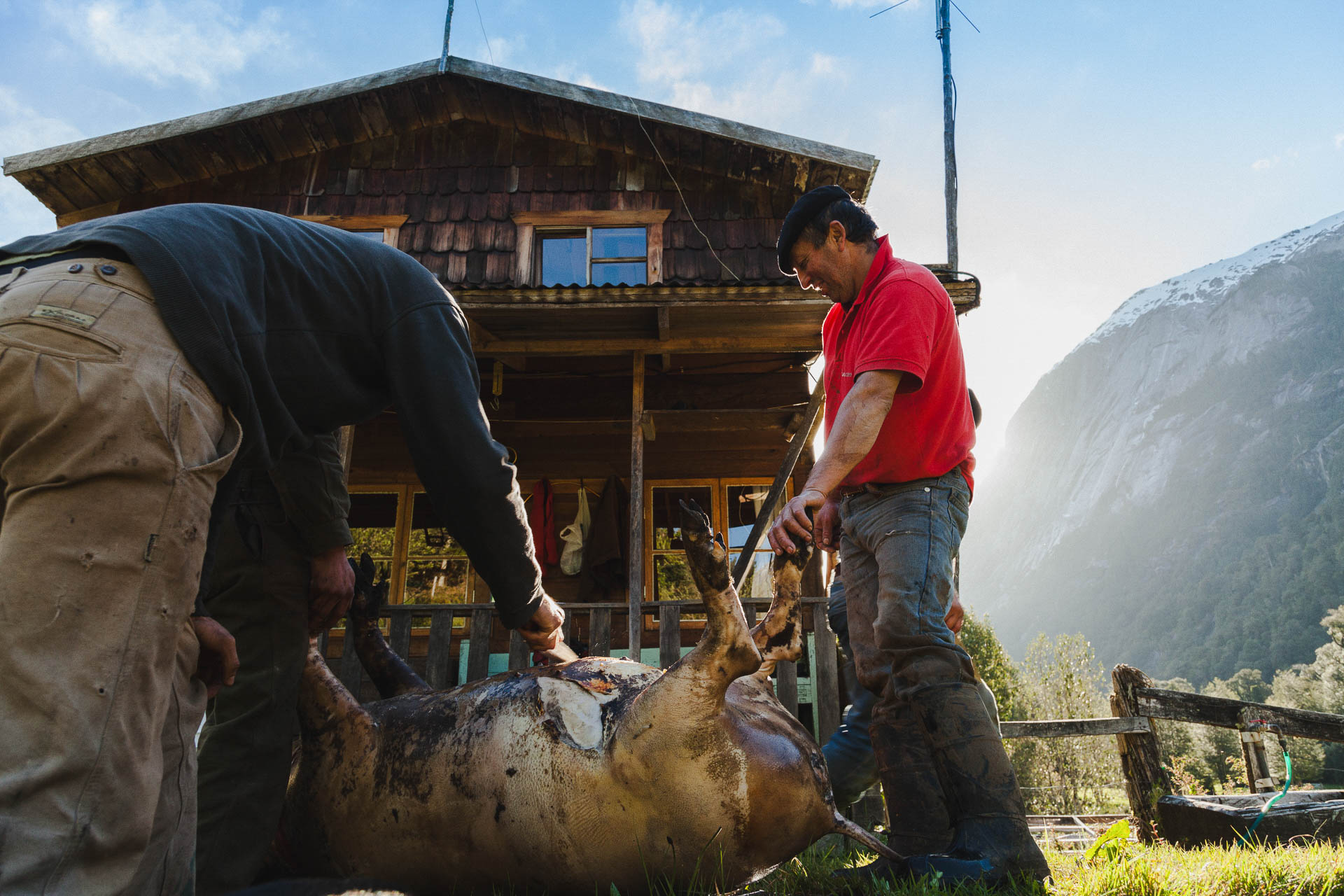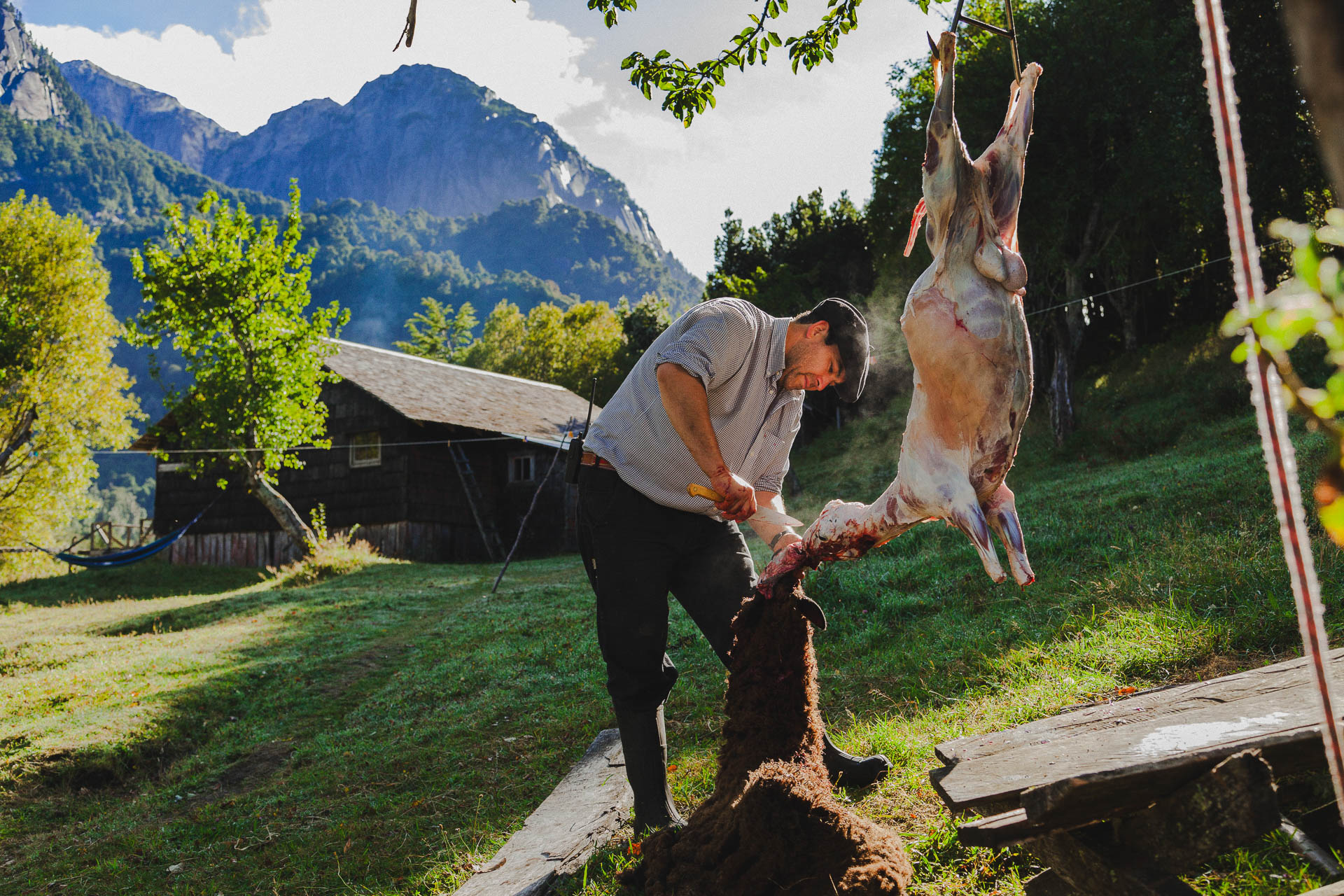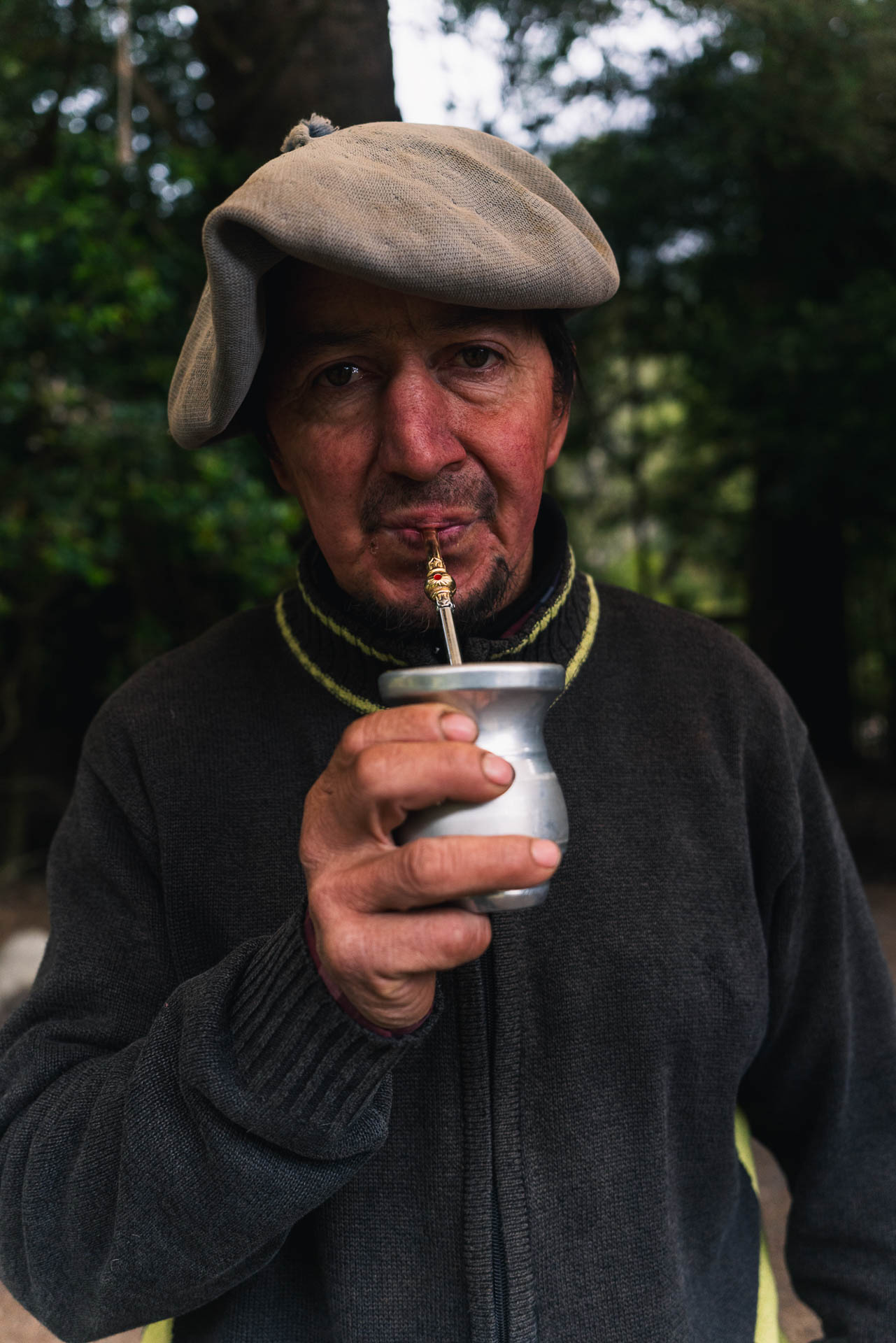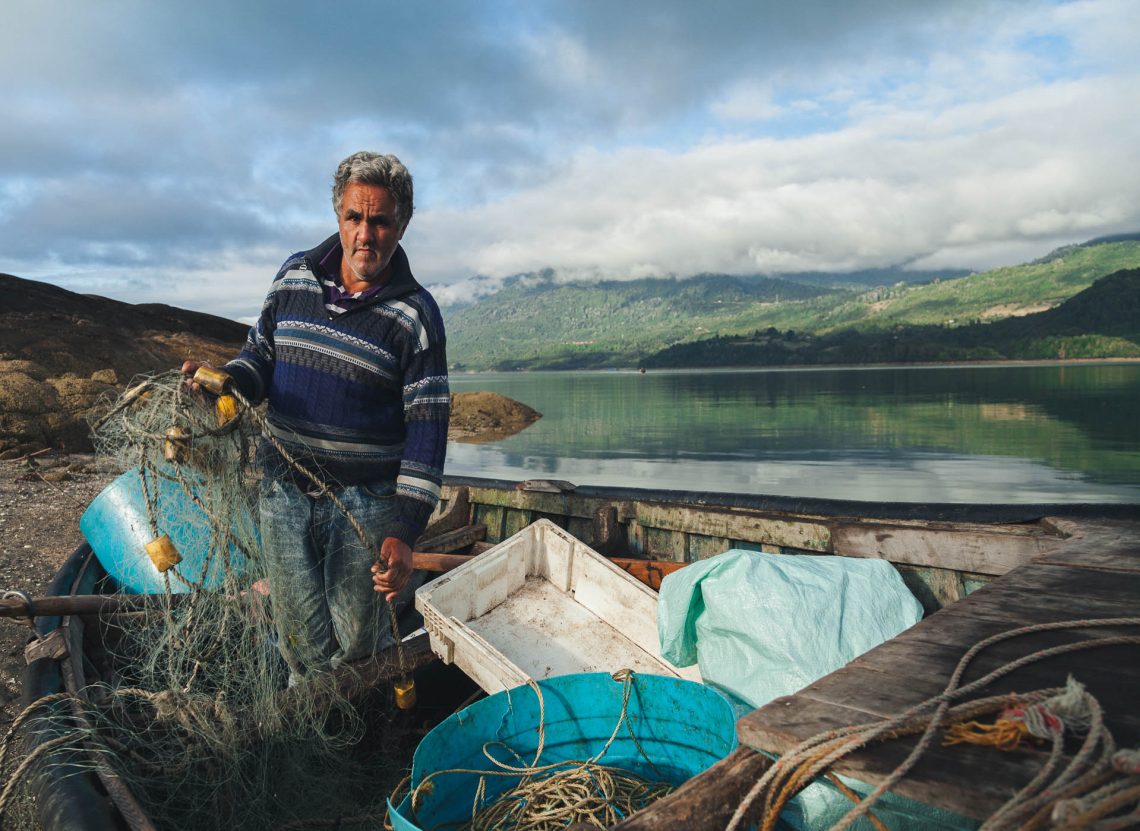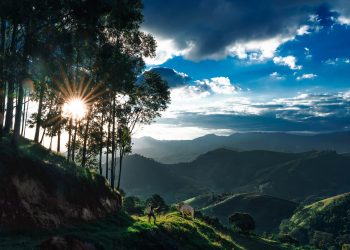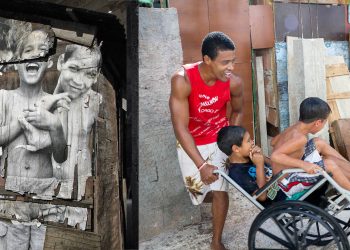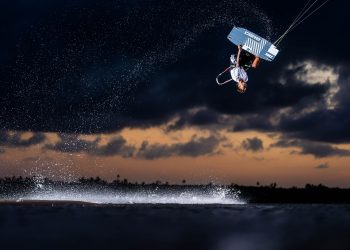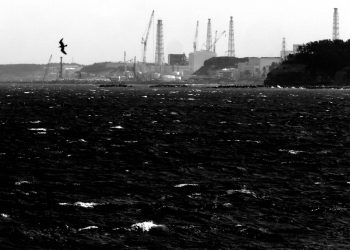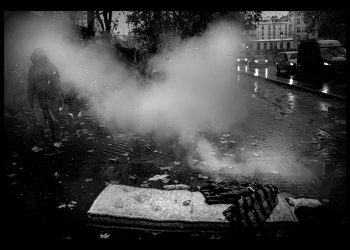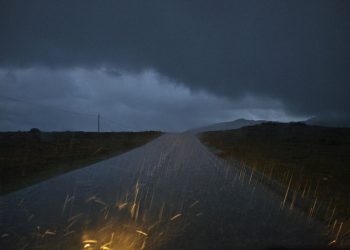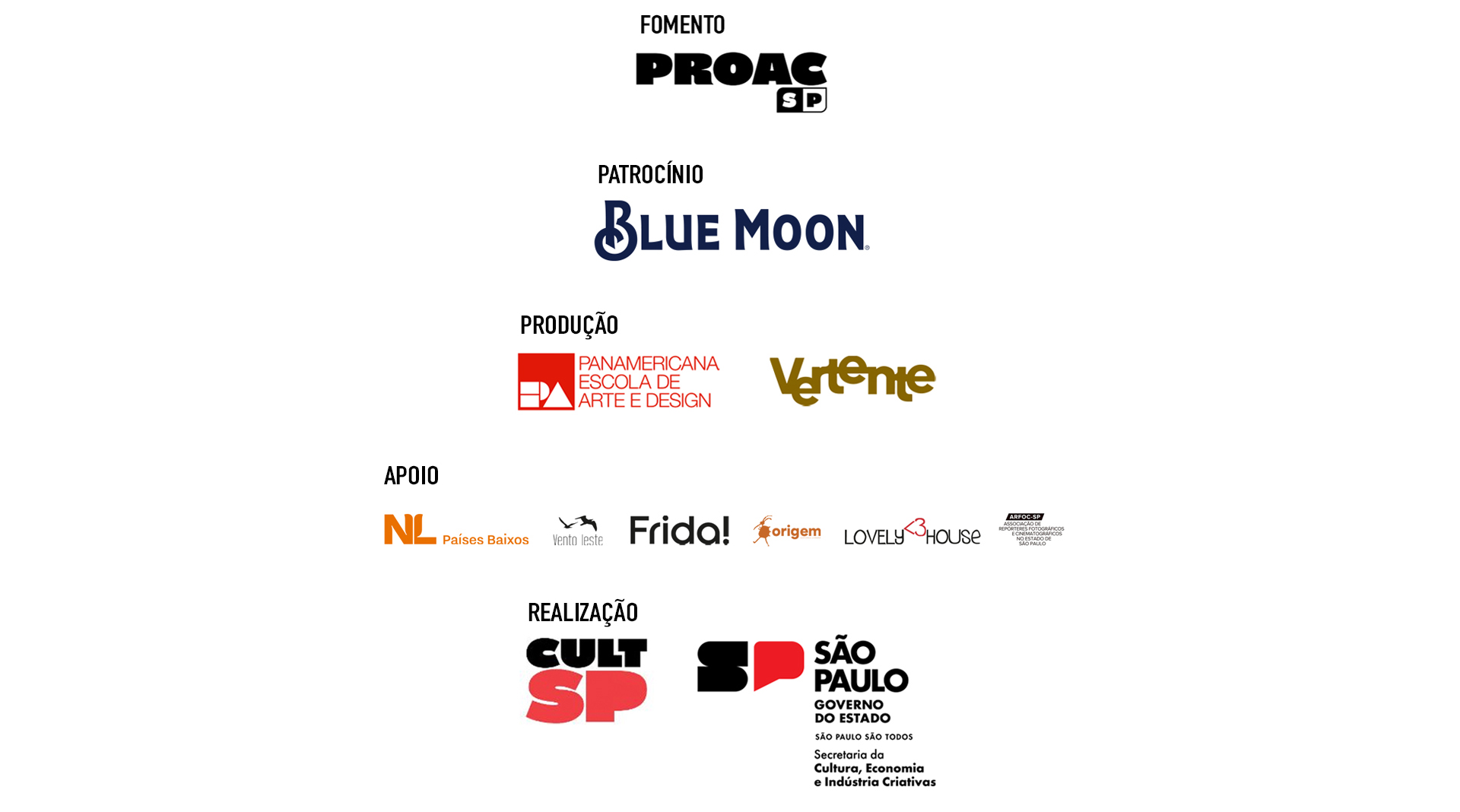When I first arrived in Cochamó in 2012, I was overwhelmed by its natural beauty—surrounded by ancient forests and towering granite walls, I felt as if I had stepped back into the time of the dinosaurs. Over time, I not only began to explore and learn about its ecosystems but also its community and history. I started to understand the language of the mountains through the daily lives of its people.
Until 1985, Cochamó was an extremely isolated territory, cut off from the rest of Chile. It could only be reached by sea or by spending days on horseback through the Patagonian mountain ranges. The people of Cochamó belong to a different kind of lineage—raised in a harsh climate, they had to learn how to endure isolation. This made them incredibly skilled in many crafts: woodworking, precise horsemanship, house and boat building, and above all, food self- sufficiency.
This short documentary is part of an ongoing project that seeks to highlight a unique cultural heritage of Chilean Patagonia, where the fragility of both its ecosystems and traditional ways of life are under constant threat from external forces—real estate development, mining, hydroelectric, and forestry industries—that see these lands merely as resources to exploit.
